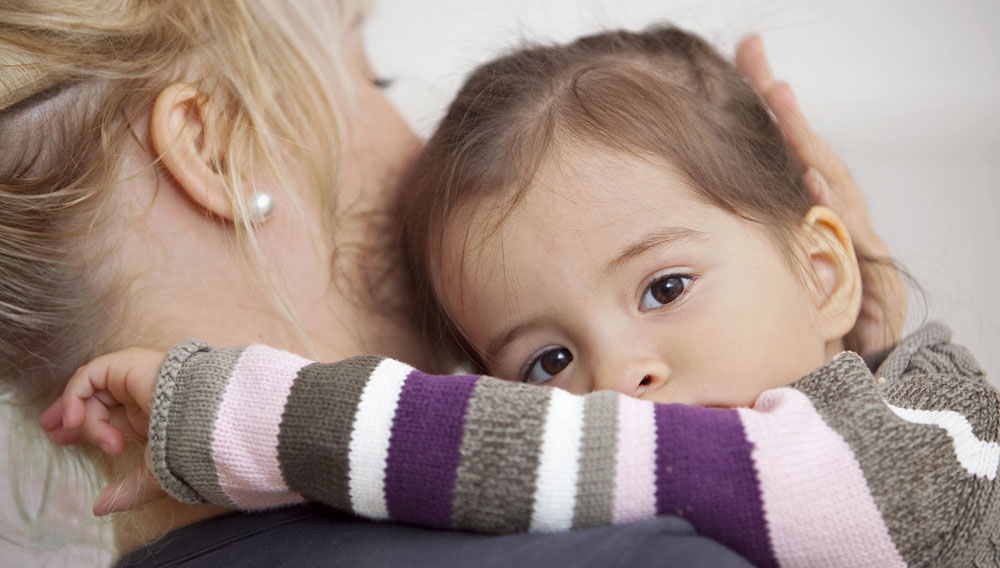Children in Finland are not taken into care on weak grounds – the child’s interests are central

In Finland and Russia, a case has been publicised where children that had been placed into emergency care were collected from a reception home in Seinäjoki without authorisation from the social welfare authorities. The children are Russian citizens and they live in Finland. The children have been returned to the social welfare authorities.
The Finnish Ministry of Social Affairs and Health wishes to emphasise that the purpose of child welfare in Finland is always to protect the child's interests and ensure a safe growth environment. Authorities always make decisions and carry out measures affecting the child from the perspective of the child’s best interests. Children are not placed into emergency care outside the home without reason, nor on the basis of nationality. Taking the child away from the parents and into care is always the last option. This option is only resorted to when other options are not sufficient and where there is a sufficient legal basis.
Finland is a country that upholds the rule of law, where officials do not act arbitrarily but rather in accordance with the law. Finnish legislation strongly protects the privacy of clients of social and health care services. In Finland it is considered not to be beneficial to the child to publicise their personal details and background information. It is not possible to permanently delete such information from all online sources.
In Finland, authorities may not comment on individual child welfare cases. Authorities may speak only of the general principles of child welfare and the related legislation.
It is illegal in Finland to take children who have been placed into care from reception homes without permission from the social welfare authorities. The National Bureau of Investigation will investigate the matter of the children being taken from the reception home.
Efforts are made to offer early support and help
In Finland, families are offered help first and foremost through the general social and health services, such as the child health clinics. Help is offered as early as possible, before the problems become acute. Help is provided through child welfare services in situations where the child’s health or development is endangered and the grounds for becoming a customer of child welfare services are fulfilled.
There is often a fear linked with child welfare services that the child will be immediately taken away. The basic principle of Finland's Child Welfare Act is that if it becomes necessary to intervene in a family's affairs, the mildest possible means will be used. Efforts are made to help children in such a way that they can live at home with their own families. Parents are offered support which helps them to manage as carers and educators of their children.
Intoxicants and violence often the cause of family problems
The most common reasons for receiving assistance from child welfare services are the mental health problems of the child or the parent, the use of intoxicants, or domestic violence. In Finland, disciplinary violence against children is against the law. In some European countries, corporal punishment of children is permitted. In Finland, it is a crime. Children have the right to physical integrity in the same way that adults do.
In cases where authorities place a child into emergency care, the situation is serious. Such emergency placement of a child is possible if conditions at home pose an immediate threat to the child’s health or development. Authorities resort to such action only if there are no other options for ensuring the child’s safety and wellbeing.
Placement into care may be appealed in court
The decision to place a child outside the home must always be clearly justified. If the party in the case concerned opposes the child being taken into care, a decision must be made in the administrative court.
Parents or other guardians have the right to appeal against the decision in the administrative court if they do not agree with the decision made by the social services regarding the emergency placement of the child. If the decision to take the child into care has been made in the administrative court, direct appeal of the decision can be made to the Supreme Administrative Court.
If a child needs to be taken into care, the social welfare authorities will support the child and the parents even while this is taking place. In such situations, no attempts to assign blame are made. Instead, consideration is given on how the social workers can help. The goal is that the parents would once again be able to take care of their child and that the child could return to his or her home.
Cooperation between authorities functions well
The social welfare authorities of Finland and Russia engage in productive cooperation on child family matters. The authorities of the two countries have established channels for communicating with one another. International agreements provide established and well-functioning procedures for questions relating to the rights of the family.
Inquiries
Annika Parsons, Ministerial Adviser, tel. +358 2951 63596
Pia Mäkeläinen, Senior Specialist, tel. +358 2951 63463
